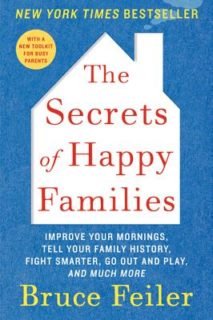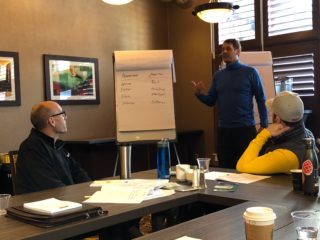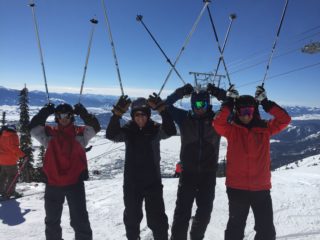When estate planners talk about creating and leaving a lasting legacy, they usually are referring to investment strategies and legal structures. These strategies and structures recognize the wishes of the wealth creator, protect assets from creditors and lawsuits, and encourage future family philanthropy. Successful wealth creators often want to create and leave a lasting legacy; they would like to be remembered for their success. Often they have strong opinions about what inheritors should think, believe, and do with their lives. Planning documents and wealth preservation strategies generally reflect these opinions and the values of the wealth creators, not necessarily those of the wealth inheritors.
Do these legal and investment activities, in fact, lead to a lasting legacy? The statistics aren’t encouraging. Studies indicate that an extremely high percentage of family wealth is dissipated by the end of three generations. From my perspective, the reality that most legacy plans exclusively reflect the thinking of the wealth creators works against their vision for a lasting legacy.
What’s missing? Many planners focus on philanthropy as a means for sustaining families. Philanthropy can be a catalyst for discussions on family values, family history, and the vision that family leaders have for the future. Done thoughtfully, philanthropic efforts can create a rallying point and become a source of pride for a well-intentioned family. But there are other reasons people donate. Many donate primarily for tax purposes. Others want the recognition that often comes with large donations. I’ve even heard of people who donate so that they can be invited to the “best parties” that are frequently associated with charitable fundraising.
One of our collaborators says that we don’t really leave a legacy…we LIVE our legacies. To me, this means that the way we live each day creates a legacy – positive or negative – over our lifetimes. I’ve observed that families that are intentional about living their values – that is, discussing and acting upon their visions and ideas about what their best lives can and should be – these families develop leadership character and culture among family members. The ability to nurture and grow strong family leadership and a positive, sustainable family culture is, in my opinion, what’s missing in estate planning today. Wealth creators would be better-served if, in addition to great strategies and structures, they could develop a process for the ongoing development and contributions of current and future family members.





